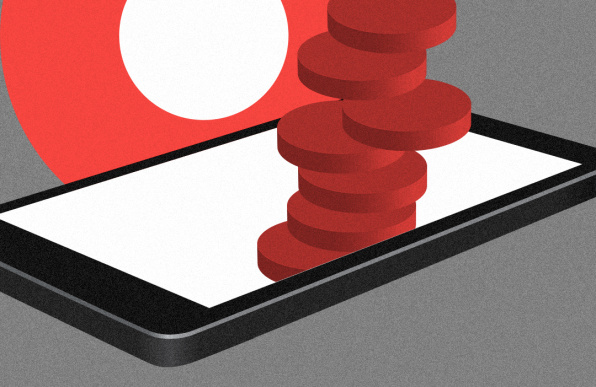Does Force Stopping An App Cause Errors
You aren't the only one annoyed by incessant push notifications on your phone, from random clothing sales to "breaking" news that is barely news at all.
According to a new survey, the number one reason people delete an app is because they receive too many irrelevant notifications, which make them a real liability for overzealous businesses. That holds true across age groups and demographics, all of which reported deleting apps because of annoying notifications—though a huge 78% of millennials in particular reported deleting an app because it was bothering them.

These insights come courtesy of the brand engagement platform Leanplum, which commissioned a survey of 1,000 mobile phone users across the U.S. to learn how people prefer brands to engage with them, be it email, push notifications, or in-app messaging. The bottom line is: If you aren't communicating vital or interesting information, don't text or ping your user at all.
Push notifications are the most reviled form of communication in general. They are the least preferred way people want to be contacted—only 15% of people surveyed chose it as their preferred method of communication, while email performed the best, garnering 46% of preference. There are some differences between demographics in this case. Far fewer Gen Z respondents (people born between 1995 and 2015) prefer email compared to Gen-X respondents (people born between 1965 and 1979). But email is still considered "stronger than ever before" in Leanplum's report—meaning it's more popular than ever before.

The content itself has a lot to do with how any and all of these message types are received. In fact, Facebook and Wells Fargo both performed best on a list of popular apps, when participants were asked to choose companies that handled communications well. As it turns out, a whopping 90% of respondents say they do not mind financial notifications via email or text, even though only about half report that they are actually helpful. (It would seem everyone is worried about their money all the time.) And as for Facebook, and other social media apps, they appear to have an advantage over other brands because they hold our social circles in their hands. 72% of Gen Z users reported liking to receive messages and updates on friends and followers on social media. (Look at Gen X, and that figure drops to 43%).
One format where you can actually get away with incessant push notifications? Email apps. Only 9% of respondents reported finding push notifications from email annoying. It's hard to know why this is the case, and the research offers no insights. But perhaps because email is sent directly to us from all sorts of sources rather than generated by a single third-party platform, we're more likely to blame the barrage of email notifications on ourselves, our business associates, and random spammers, than any single company. After all, it isn't Gmail's fault that I actively subscribe to so many newsletters.
In any case, if you don't run an email app, a social media company, or a banking institution, your brand should think long and hard before blasting push notifications out to your customer's phones. Just because people are eminently reachable doesn't mean you've earned their attention.
Does Force Stopping An App Cause Errors
Source: https://www.fastcompany.com/90399157/people-really-really-hate-push-notifications
Posted by: taylorthenautist.blogspot.com

0 Response to "Does Force Stopping An App Cause Errors"
Post a Comment